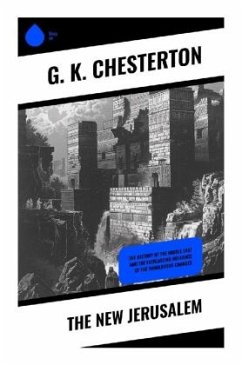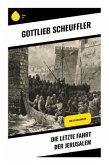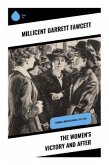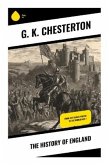G. K. Chesterton's "The New Jerusalem" is a thought-provoking blend of poetry and prose that masterfully explores themes of faith, society, and the perennial quest for truth. Set against the backdrop of early 20th-century England, Chesterton employs a distinctive literary style characterized by wit, paradox, and a profound philosophical depth that engages the reader in both intellectual and spiritual discourse. This work reflects Chesterton's fascination with the intertwining of divine ideas and everyday life, inviting readers to contemplate the transformative power of belief and the notion of a contemporary utopia inspired by Christian ideals. Chesterton, a prominent writer, theologian, and social critic, was deeply influenced by his own spiritual journey and the socio-political climate of his time. Having converted to Catholicism, he sought to address the moral and existential crises faced by modern society. His unique perspective as a convert lends authenticity to his arguments and infuses "The New Jerusalem" with a sense of urgency and relevance that continues to resonate with contemporary audiences. Through his incisive commentary, Chesterton reveals the tension between modernity and tradition and the necessity of faith in a fractured world. I highly recommend "The New Jerusalem" to readers who seek a rich, reflective examination of faith within the context of modern life. Chesterton's eloquence, humor, and profound insights offer both solace and challenge, making this work a timeless addition to any literary canon. Whether one is grappling with personal beliefs or broader societal issues, Chesterton's words inspire a quest for deeper understanding and contemplation.
Bitte wählen Sie Ihr Anliegen aus.
Rechnungen
Retourenschein anfordern
Bestellstatus
Storno








